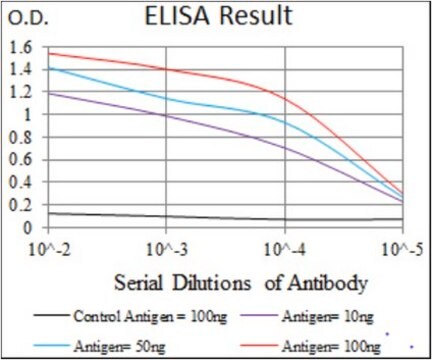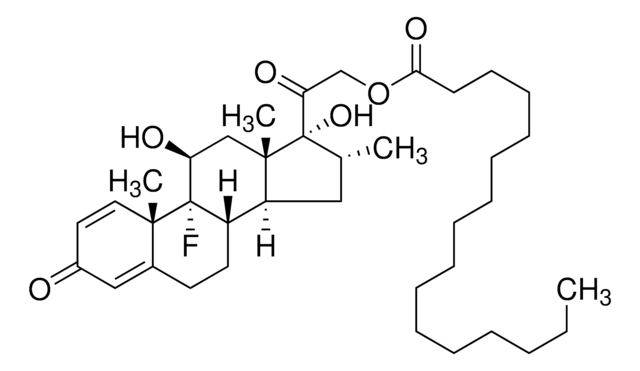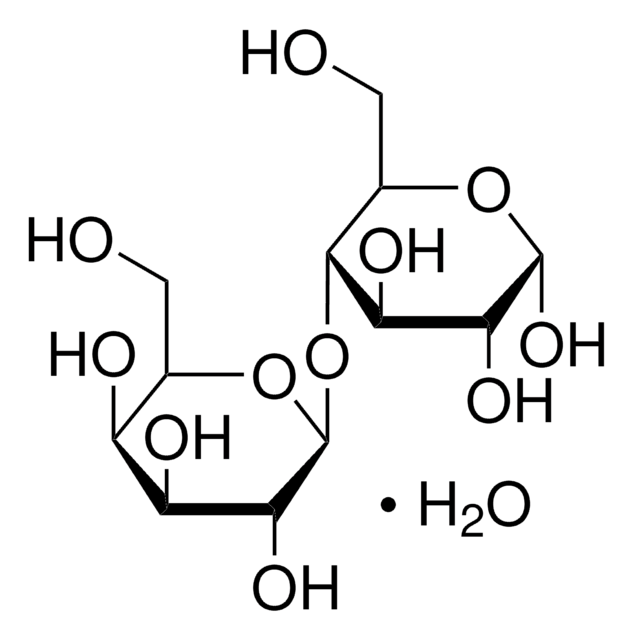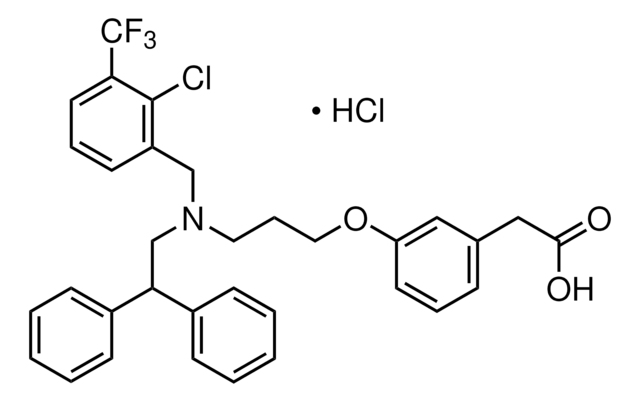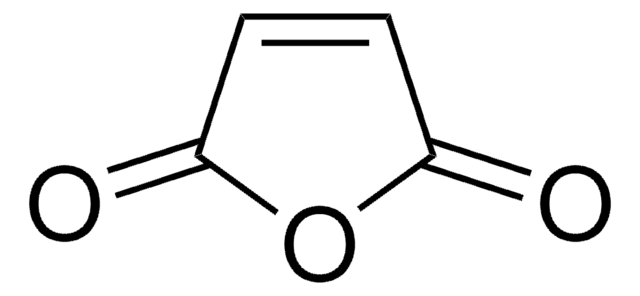5.09665
Glucokinase Activator III, Ro-28-1675
Synonym(s):
Glucokinase Activator III, Ro-28-1675, GK Activator III, Hexokinase D Activator III, Hexokinase IV Activator III, Ro-28-0450 ( R)-enantiomer, RO0281675, GK Activator III, Hexokinase D Activator III, Hexokinase IV Activator III, Ro-28-0450 (R)-enantiomer, RO0281675
About This Item
Recommended Products
Assay
≥98% (HPLC)
Quality Level
form
powder
manufacturer/tradename
Calbiochem®
storage condition
OK to freeze
protect from light
color
white
solubility
DMSO: 100 mg/mL
storage temp.
2-8°C
InChI
1S/C18H22N2O3S2/c1-25(22,23)15-8-6-14(7-9-15)16(12-13-4-2-3-5-13)17(21)20-18-19-10-11-24-18/h6-11,13,16H,2-5,12H2,1H3,(H,19,20,21)/t16-/m1/s1
InChI key
NEQSWPCDHDQINX-MRXNPFEDSA-N
General description
Biochem/physiol Actions
Glucokinase
Packaging
Warning
Reconstitution
Other Notes
Grimsby, J., et al. 2003. Science301, 370.
Legal Information
Storage Class Code
11 - Combustible Solids
WGK
WGK 3
Flash Point(F)
Not applicable
Flash Point(C)
Not applicable
Certificates of Analysis (COA)
Search for Certificates of Analysis (COA) by entering the products Lot/Batch Number. Lot and Batch Numbers can be found on a product’s label following the words ‘Lot’ or ‘Batch’.
Already Own This Product?
Find documentation for the products that you have recently purchased in the Document Library.
Our team of scientists has experience in all areas of research including Life Science, Material Science, Chemical Synthesis, Chromatography, Analytical and many others.
Contact Technical Service